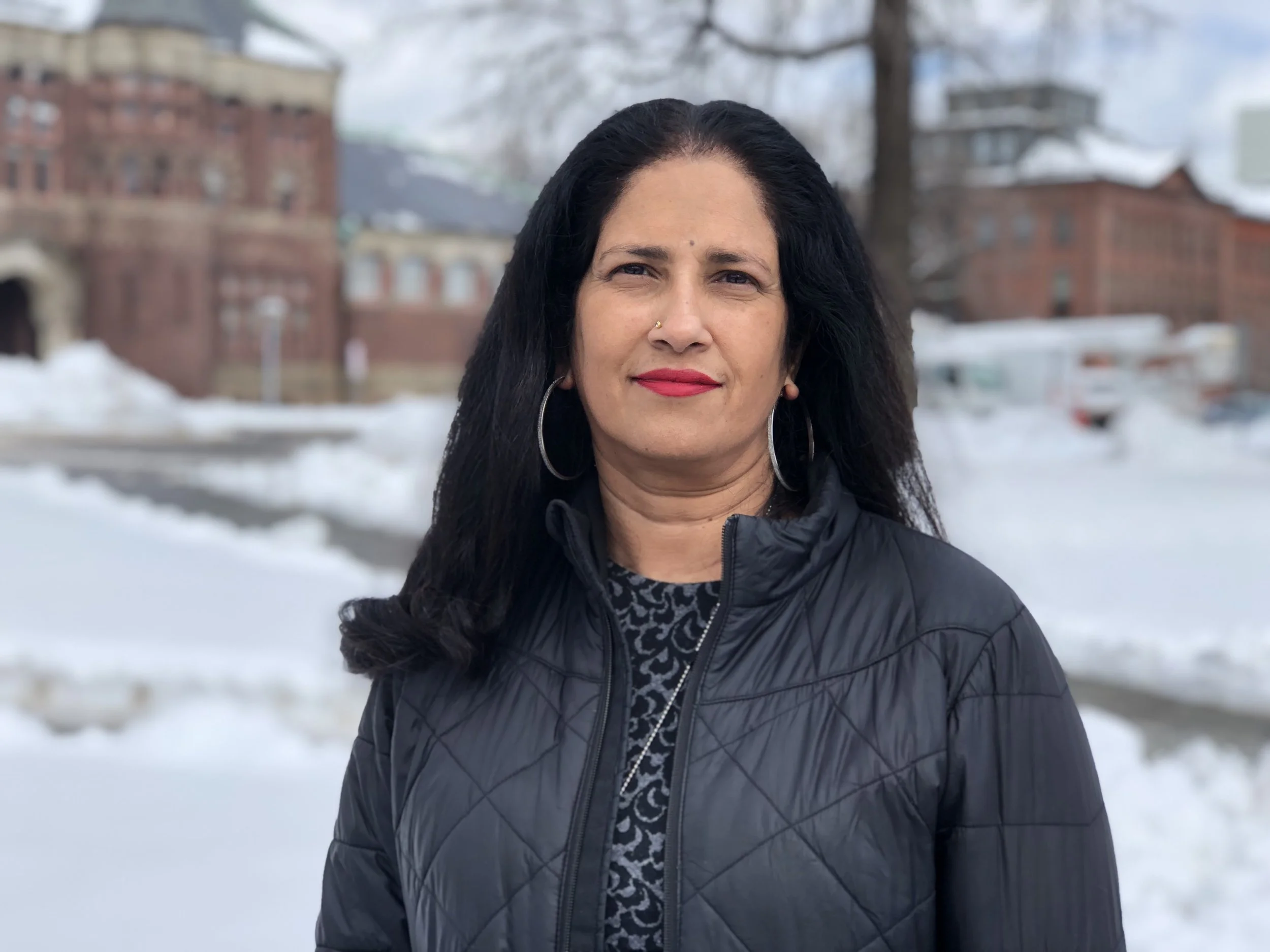Checking in With the East Bay Community Foundation as it Shifts Toward Civic Engagement
/photo: a katz/shutterstock
The East Bay Community Foundation seeks to “positively affect social change” by bringing together the assets and abilities of charitable-fund holders, nonprofit service providers, private foundations, and local government and business leaders. With a focus on Alameda and Contra Costa Counties in California, this community organization made $46 million in grants in 2017 and manages about $450 million in charitable assets. The East Bay Community Foundation currently lists four priorities on its site: early childhood success, economic empowerment, policy advocacy and civic engagement, and arts and environment.
EBCF is undergoing a renaissance of sorts; like many other philanthropic organizations, it is starting to concentrate more on civic engagement and public policy than traditional charity. According to vice president of communications Stacey Manley, it is doing so in order to “ensure better outcomes for community” while “exploring strategic investments in community leaders, organizations, and movements to create social, political, and economic opportunity for all who call the East Bay home.”
While not all community foundations are embracing new methodologies, EBCF's goal to become more engaged and multi-facted in its approach is hardly unique. In fact, it's a key trend among these local funders, reflecting a shift that got started quite a while ago. In 2005, an analysis supported by the Charles Stewart Mott Foundation and the Ford Foundation called, "On the Brink of New Promise: The Future of U.S. Community Foundations," issued this clarion call:
Strategic positions on challenging issues, cross-sector solutions, and a relentless commitment to the betterment of communities must be as much a part of community foundation parlance and action in the future as donor services and grants management have been in the past.
As president and CEO James W. Head, who joined EBCF in 2014, recently said, “A community foundation’s primary task is to evolve to ensure it can address the changing dynamics of the community it serves.”
In a similar vein, Manley tells Inside Philanthropy, “Over the last 10 years, the changing needs of the region have prompted EBCF to reflect on our value as a community stalwart and to re-imagine our role to best support the community.” He mentions the new challenges immigrants face under the current administration, the fact “that low-income and communities of color continue to experience widening disparities,” and the way rising commercial rents are displacing crucial neighborhood nonprofits as some of the inspirations for the foundation’s burgeoning approach.
One example of EBCF’s newer civic engagement programs that aims to support both communities of color and nonprofit sustainability launched in February 2018: the ASCEND:BLO Initiative (Accelerating and Stabilizing Communities through Equitable Nonprofit Development of Black-Led Organizations). This initiative extends beyond EBCF’s normal geographic radius and was created to help black-led nonprofits in Alameda, Contra Costa, San Francisco, or San Mateo Counties. It's an example of a funder that's been responsive to rising calls within some quarters of the philanthrosphere to channel more support to black-led organizations.
Related: Back From the Margins: Behind a New Call to Boost Funding for Black-Led Organizations
Five BLOs make up an initial cohort that will participate in a six-month accelerator designed to support them in several areas, including strategy, fundraising, feasibility, and sustainability. Direct coaching and technical support will be provided as well. In cooperation with partner foundations, EBCF will give the groups a $25,000 stipend and they will also be able to pitch an idea that could receive up to $300,000 over three years. ASCEND:BLO’s first participants work in a variety of social areas, including Afro-centric arts and culture, grassroots organizing and community building, housing, technology training for black male youth, and community health care.
According to Dianne Yamashiro-Omi, interim vice president of community investment and partnership, EBCF is "not taking any new grants at the moment until we have a clear strategy developed."
"We are near completion of our new guidelines and currently focus on supporting the engagement of communities in advocating for change," she explains.
In the meantime, learn more about EBCF’s other recent undertakings, such as its partnership with the Race, Gender, and Human Rights Fund, on its news page.







































